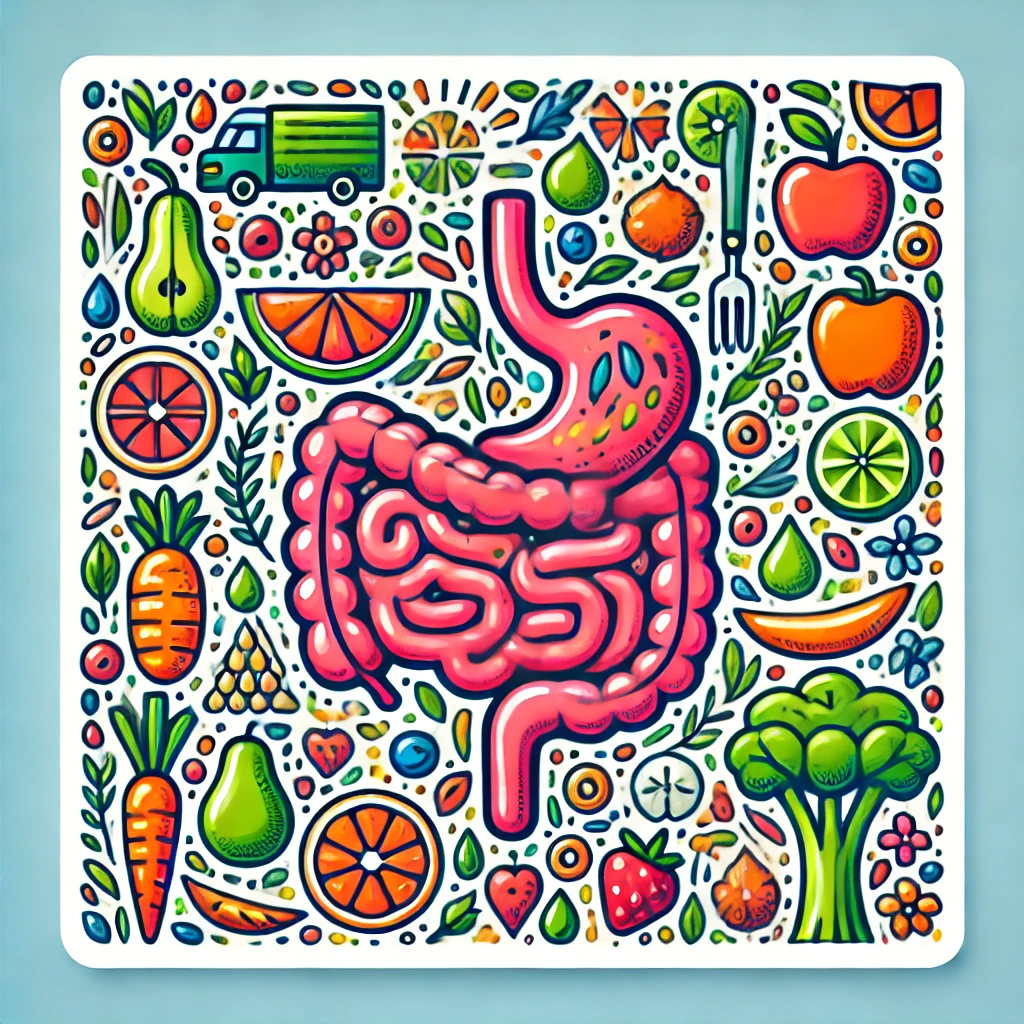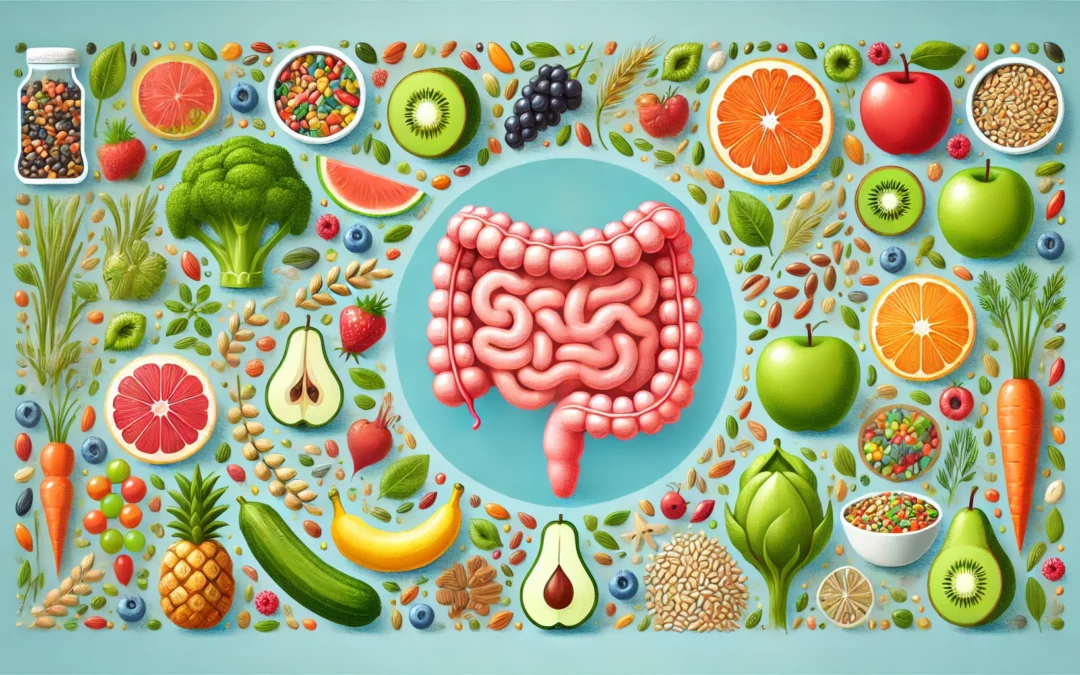Gut Nutrition and Health: A Comprehensive Guide
Gut health is a cornerstone of overall well-being, influencing various aspects of our physical and mental health. The gut, often referred to as the “second brain,” is home to trillions of microorganisms that play crucial roles in digestion, immune function, and even mood regulation. Understanding how to nourish and maintain a healthy gut is essential for promoting overall health.
The Gut Microbiome
The gut microbiome consists of a diverse community of bacteria, fungi, viruses, and other microorganisms residing in the digestive tract. These microbes help break down food, produce essential nutrients, and protect against harmful pathogens. A balanced microbiome supports efficient digestion, nutrient absorption, and a robust immune system.
Importance of a Balanced Diet
A diet rich in diverse, whole foods is key to supporting a healthy gut microbiome. Here are some dietary components that contribute to gut health:
- Fiber: Found in fruits, vegetables, whole grains, and legumes, fiber is essential for maintaining gut health. It serves as food for beneficial bacteria, promoting their growth and activity.
- Probiotics: These are live beneficial bacteria found in fermented foods like yogurt, kefir, sauerkraut, and kimchi. Probiotics help replenish and balance the gut microbiome.
- Prebiotics: Non-digestible food components, such as inulin and oligosaccharides, serve as fuel for probiotics. Foods rich in prebiotics include garlic, onions, bananas, and asparagus.
- Polyphenols: These plant compounds, found in foods like berries, green tea, dark chocolate, and red wine, have been shown to enhance the growth of beneficial gut bacteria.
- Healthy Fats: Omega-3 fatty acids, found in fatty fish, flaxseeds, and walnuts, have anti-inflammatory properties that

Signs of an Unhealthy Gut
An imbalance in the gut microbiome, known as dysbiosis, can lead to various health issues. Common signs of an unhealthy gut include:
- Digestive discomfort (bloating, gas, diarrhea, or constipation)
- Food intolerances or allergies
- Frequent infections or illnesses
- Skin issues like eczema or acne
- Mood disturbances, anxiety, or depression

Improving Gut Health
To improve gut health, consider the following strategies:
- Eat a Diverse Diet: Incorporate a wide variety of fruits, vegetables, whole grains, and fermented foods into your meals.
- Limit Processed Foods: Reduce intake of processed and high-sugar foods, which can disrupt the balance of gut bacteria.
- Stay Hydrated: Drinking plenty of water supports digestion and the overall function of the digestive system.
- Avoid Overuse of Antibiotics: While necessary for certain conditions, antibiotics can disrupt the gut microbiome. Use them only when prescribed by a healthcare professional.
Conclusion
Maintaining gut health is integral to overall wellness. By adopting a balanced diet, managing stress, exercising regularly, and getting adequate sleep, you can support a thriving gut microbiome. Understanding the connection between diet and gut health empowers you to make informed choices that enhance your well-being.

